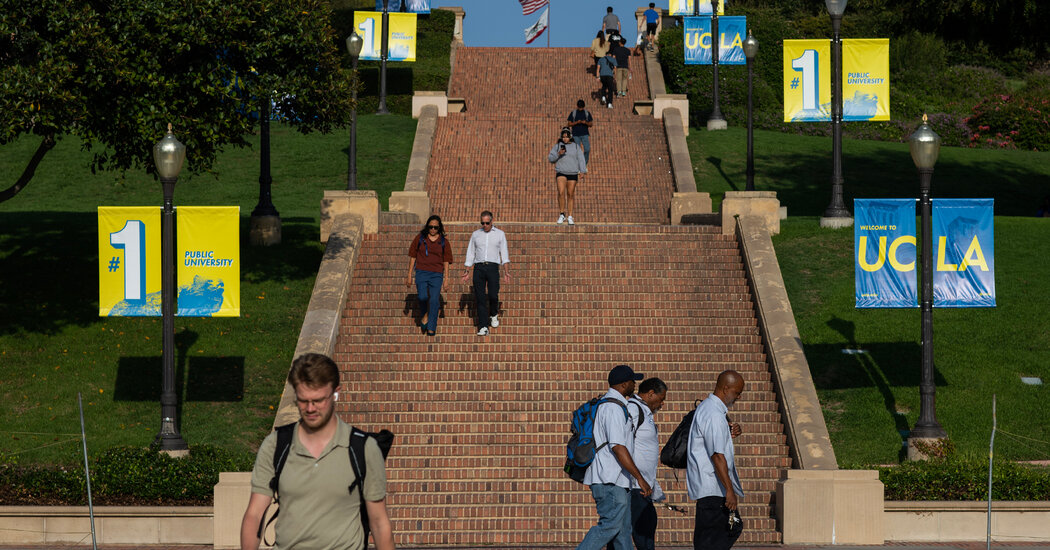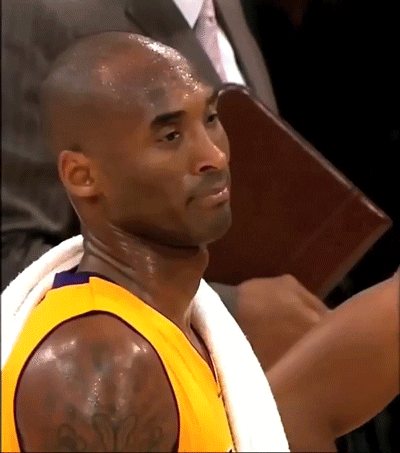Something I'd not heard of but, then again, I'm not a professor.
Yes, it's the NYT. Yes, I pay for it. If you do too, take a look.

 www.nytimes.com
www.nytimes.com
Those highlights will get you started. Wild. I mean, Berkeley toned it down for chrissakes.
Yes, it's the NYT. Yes, I pay for it. If you do too, take a look.

D.E.I. Statements Stir Debate on College Campuses
Yoel Inbar, a psychology professor, thought he might be teaching at U.C.L.A., but his reservations about diversity statements got him in trouble.
Yoel Inbar, a noted psychology professor at the University of Toronto, figured he might be teaching this fall at U.C.L.A......
The university asked him to fill out the requisite papers, including a statement that affirmed his belief and work in diversity, equity and inclusion. He flew out and met with, among others, a faculty diversity committee and a group of graduate students.
But a few days later, the department chair emailed and told him that more than 50 graduate students had signed a letter strongly denouncing his candidacy. Why? In part, because on his podcast years earlier, he had opposed diversity statements — like the one he had just written.
Nearly half the large universities in America require that job applicants write such statements, part of the rapid growth in D.E.I. programs. Many University of California departments now require that faculty members seeking promotions and tenure also write such statements.
But critics say these statements are thinly veiled attempts at enforcing ideological orthodoxy. Politically savvy applicants, they say, learn to touch on the right ideological buzzwords. And the championing of diversity can overshadow strengths seen as central to academia, not least professional expertise.
“Professions of fealty to D.E.I. ideology are so ubiquitous as to be meaningless,” said Daniel Sargent, a professor of history and public policy at the University of California, Berkeley. “We are institutionalizing a performative dishonesty.”
The faculty senate at the University of California, San Francisco, urged professors to apply “anti-oppression and antiracism” lenses to courses. The public affairs school at the University of California, Los Angeles, pledged on its website to “decolonize the curriculum and pedagogy,” and the medical school vowed to dismantle systematic racism in its coursework.
The faculty senate of the California Community Colleges, the largest higher-education system in the country, has instructed its teachers on their obligation “to lift the veil of white supremacy” and “colonialism.”
A decade ago, California university officials faced a conundrum.
A majority of its students were nonwhite, and officials wanted to recruit more Black and Latino professors. But California’s voters had banned affirmative action in 1996. So in 2016, at least five campuses — Berkeley, Davis, Irvine, Riverside and Santa Cruz — decided their hiring committees would perform an initial screening of candidates based only on diversity statements.
Candidates who did not “look outstanding” on diversity, the vice provost at U.C. Davis instructed his search committees, could not advance, no matter the quality of their academic research. Credentials and experience would be examined in a later round.
At Berkeley, a faculty committee rejected 75 percent of applicants in life sciences and environmental sciences and management purely on diversity statements,
By 2020, however, top officials at Berkeley concluded the hiring experiment had gone too far. That February, a vice provost sent a carefully worded letter to search committee chairs. Diversity statements, he wrote, should not be treated as a political litmus test or as the sole factor.
Those highlights will get you started. Wild. I mean, Berkeley toned it down for chrissakes.


